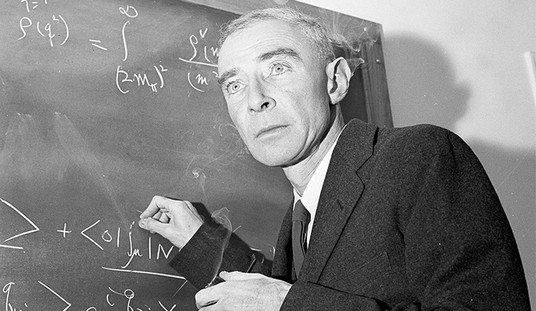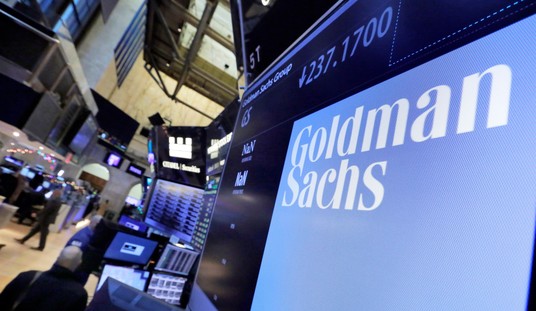Politically speaking, when the nation’s economy is doing poorly, someone must pay. And pay dearly.
Ask Barack Obama about those 2010 midterms. Under his leadership then, his party took an historic thrashing including 63 lost Democratic House seats, six lost Senate seats, 11 lost governorships and 20 state legislative chambers flipping to GOP control.
That was the start of a Republican electoral avalanche that has put the GOP today in control of 33 of 50 governor’s offices and both chambers in 26 of those states.
On the other hand, when the economy is doing well, yawn. Let’s all take it for granted. And give no one any credit.
The economy is doing well now. President Trump is making a possibly desperate attempt to take the encouraging economic news to his many fall voter rallies, as are a few congressional leaders like Mitch McConnell. It’s an uphill road. History suggests voters are almost always unhappy with a president’s party in midterm elections.
But the combination of a hostile national media eager to highlight any possibly negative news about this administration and a president inexplicably eager to provide such distractions for them with extraneous tweets and distracting comments has diluted the positive impacts of low unemployment, booming job growth and rising wages.
Now comes another piece of positive economic news for the country to ignore:
Last year for the third straight, median U.S. household income jumped. And it went to the highest level on record since 1967. Put that in your generic congressional ballot folder.
The Census Bureau reported median household income climbed 1.6 percent to $61,400.
For white, non-Hispanic households it grew 2.6 percent to $68,145. For Hispanic households, it grew even more, 3.7 percent to $50,486.
The report also showed the percentage of people living in poverty ($24,858 income for a family of four) fell to 12.3 percent in 2017 from 12.7 percent the year before.
According to Elise Gould, senior economist at the Washington-based Economic Policy Institute:
While any reduction in poverty or increase in income is a step in the right direction, most families have just barely made up the ground lost over the past decade.
Despite the dramatic drop in black unemployment in the growing economy, median income in African-American households dropped 0.2 percent to $40,258 in 2017.
That same year the U.S. economy added 2.2 million jobs and the unemployment ended the year at 4.1 percent. Since then, it has declined to a near 18-year low of 3.9 percent.







Join the conversation as a VIP Member